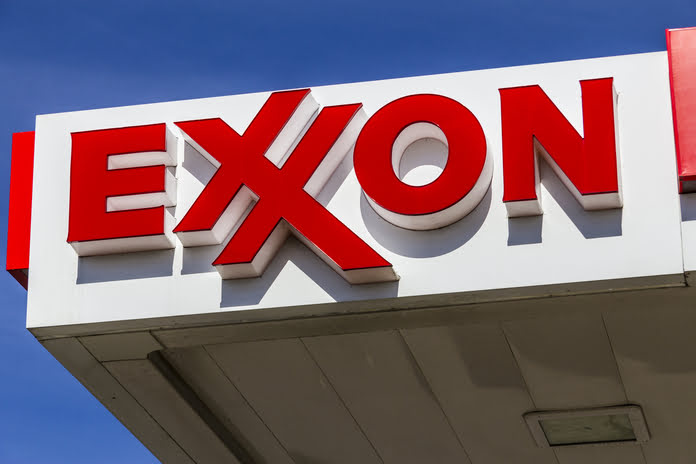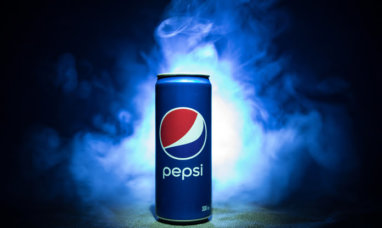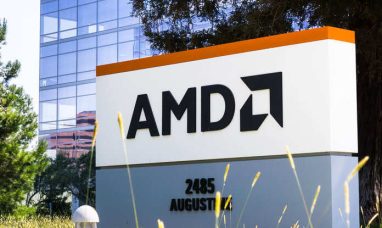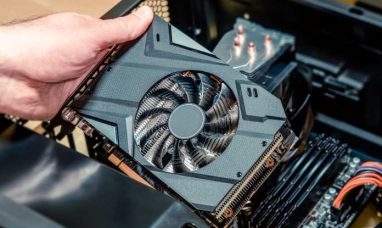President Muhammadu Buhari‘s approval of a $1.28 billion acquisition of Exxon Mobil Corp. (NYSE:XOM) assets was overruled by Nigeria’s energy regulator in a high-profile dispute that might discourage investment in the nation’s struggling oil and gas sector.
Seplat Energy’s Acquisition of Exxon Mobil’s Shallow-Water Business Is Just a Regulatory Matter
The acquisition of Exxon’s shallow-water operations by Seplat Energy Plc was given the go-ahead by Buhari’s office hours later, but the Nigerian Upstream Petroleum Regulatory Commission characterized the deal as “purely a regulatory matter.” The NUPRC added in a statement on Monday that its earlier rejection of the agreement stands.
It is unfortunate that the inconsistent remarks have led to this ambiguity. The government of President Muhammadu Buhari is working to reverse the decrease in oil production, which it says is caused by widespread theft of crude oil, and to attract considerable investment into the industry, which is responsible for more than 90% of the country’s export profits.
Gail Anderson, research director at consulting firm Wood Mackenzie Ltd, said by phone, “It’s not a good look for Nigeria when you’ve got this very public contradiction and in the meantime, the two sides of this deal are still unsure as to what’s happening. That has a knock-on effect on other deals that are waiting on the outcome here.”
Sale of 4 Permits by Exxon to Seplat to Bring Extensive Benefits
The agreement was approved by Buhari, who is also Nigeria’s oil minister, in an email message earlier on Monday that his spokesman, Femi Adesina, delivered. The president claimed that the sale of four permits by Exxon to Seplat would bring “extensive benefits” to Nigeria’s energy industry.
According to NUPRC Chief Executive Officer Gbenga Komolafe, the organization is now “the sole regulator in dealing with such matters” due to the comprehensive law passed last year. The law authorizes the minister to disregard the agency’s recommendations even if it states that the transfer of licenses “shall be granted upon the recommendation”.
Should the transaction be finalized, it would make it possible for Seplat, which has stock exchanges in London and Lagos, to extract an additional 95,000 barrels of oil equivalent from shallow-water licenses managed by Exxon in conjunction with the state-owned Nigeria National Petroleum Co (NNPC). The output of the company would be almost four times as much as it is currently.
The Nigerian National Petroleum Corporation (NNPC) has been working hard to prevent the sale and regain control of the licenses. According to a statement that was sent by Seplat one month ago, an interim injunction was granted to the state business on July 6 by a court in Abuja. This injunction prevents Exxon from selling the subsidiary that owns the assets and was awarded to the state business by the Abuja court.
The presidency, Seplat, and the NNPC have not responded to requests for comment on the NUPRC. Exxon made the decision not to comment.
Seplat thanked Buhari for his approval before Komolafe made his remark, stating that the deal would create one of the biggest independent energy businesses listed on the London and Nigerian stock exchanges.
Seplat claimed that rather than the changes made last year, Buhari gave his permission following legislation introduced in 1969 that provides the minister with more discretion.
The time it takes to settle the standoff “will depend on how long this takes to resolve,” Anderson added. “It could all be resolved tomorrow for all we know.”
Exxon Posted Strong Q2 Results
On July 29, Exxon Mobil reported estimated earnings of $17.9 billion, or $4.21 per share, in the second quarter of 2022. The sale of the Barnett Shale Upstream assets was a favorable identified item in the second quarter results, amounting to almost $300 million. Capital and exploration expenditures were $4.6 billion in Q2 and $9.5 billion for the first half of the year.
Featured Image: Megapixl @Jetcityimage















